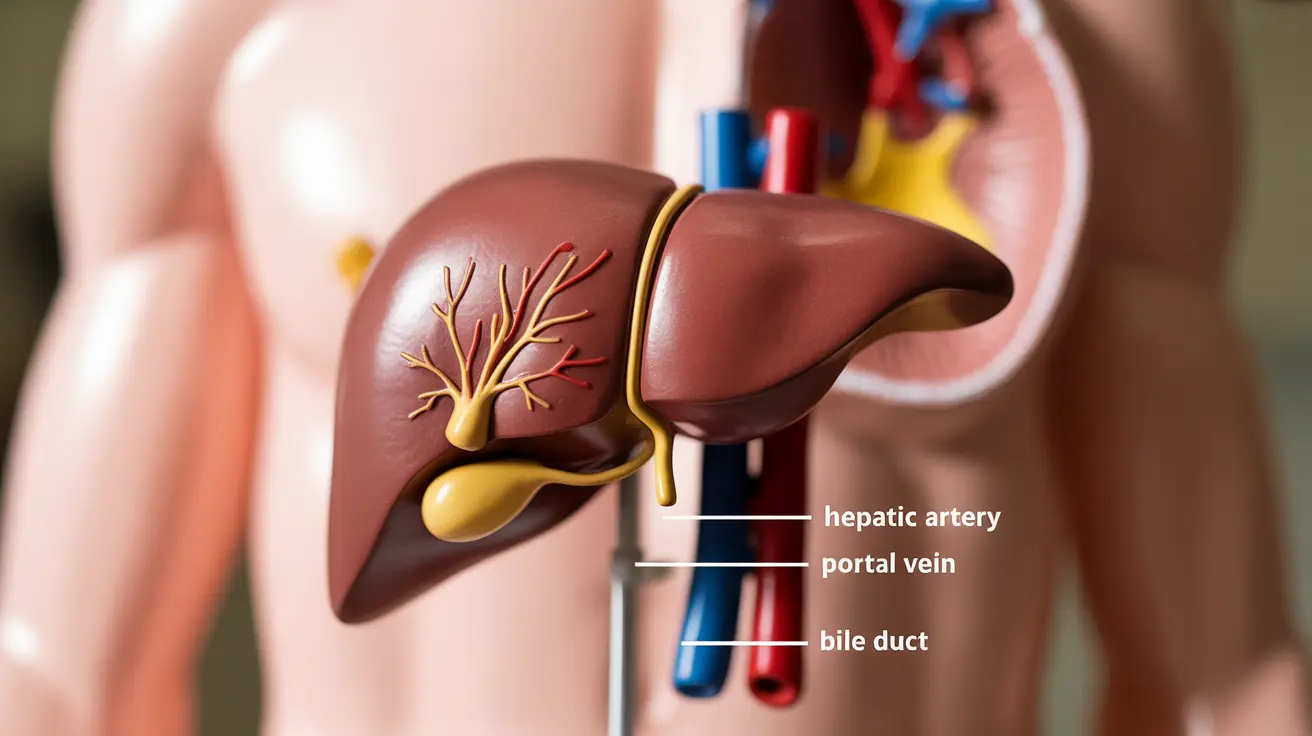When you're dealing with fatty liver disease, you might notice changes in your bowel movements and overall digestive health. This common liver condition can significantly impact your body's digestive processes, leading to various gastrointestinal symptoms. Understanding the connection between fatty liver disease and bowel health is crucial for managing both conditions effectively.
In this comprehensive guide, we'll explore how fatty liver disease affects your digestive system, what changes to look for in your bowel movements, and what you can do to improve both liver and digestive health.
The Link Between Fatty Liver Disease and Digestive Health
Fatty liver disease occurs when excess fat accumulates in your liver cells, potentially affecting various digestive processes. Your liver plays a crucial role in producing bile, which helps break down fats and regulate bowel movements. When liver function is compromised, it can lead to changes in digestion and bowel habits.
How Fatty Liver Affects Bile Production
The liver's ability to produce and secrete bile can become impaired when excess fat builds up in liver cells. This reduction in bile production can lead to:
- Difficulty breaking down fats
- Slower digestion
- Changes in stool consistency
- Irregular bowel movements
Common Bowel Symptoms Associated with Fatty Liver
People with fatty liver disease may experience several changes in their bowel movements and digestive patterns. These can include:
- Changes in stool color
- Irregular bowel movements
- Constipation
- Bloating and gas
- Abdominal discomfort
Understanding Stool Changes
The appearance and consistency of your stool can provide important clues about your liver health. Pale or clay-colored stools may indicate reduced bile production, while very dark stools might suggest other liver-related issues that require medical attention.
The Gut-Liver Connection
The relationship between your liver and gut health is bidirectional, meaning they significantly influence each other. A healthy gut microbiome is essential for proper liver function, while liver health affects digestive processes and bowel regularity.
Impact on the Microbiome
Fatty liver disease can disrupt the balance of beneficial bacteria in your gut, potentially leading to:
- Altered digestion patterns
- Changes in nutrient absorption
- Increased inflammation
- Modified bowel habits
Managing Fatty Liver and Digestive Health
Several lifestyle modifications can help improve both liver health and digestive function:
- Maintaining a balanced diet rich in fiber
- Staying properly hydrated
- Regular physical activity
- Limiting processed foods and alcohol
- Managing weight through healthy methods
Frequently Asked Questions
How does fatty liver disease affect bowel movements and cause constipation?
Fatty liver disease can affect bowel movements by impacting bile production and secretion, which are essential for proper digestion. When liver function is compromised, it may lead to reduced bile flow, potentially causing constipation and other digestive issues.
Can improving liver health help relieve constipation and other digestive problems?
Yes, improving liver health through lifestyle changes can help alleviate digestive problems. Better liver function leads to improved bile production and more regular bowel movements.
What role does the gut microbiome play in the connection between fatty liver disease and poop changes?
The gut microbiome plays a crucial role in both liver health and digestion. Fatty liver disease can disrupt the balance of gut bacteria, leading to changes in bowel habits and overall digestive health.
Are there specific poop symptoms that indicate worsening fatty liver disease?
Changes in stool color, consistency, and frequency can indicate worsening liver health. Pale, clay-colored stools, particularly persistent ones, may suggest reduced bile production and should be evaluated by a healthcare provider.
What lifestyle changes can help manage both fatty liver disease and constipation?
Key lifestyle changes include maintaining a healthy diet rich in fiber, staying hydrated, exercising regularly, limiting alcohol consumption, and maintaining a healthy weight. These changes can improve both liver function and digestive health.




